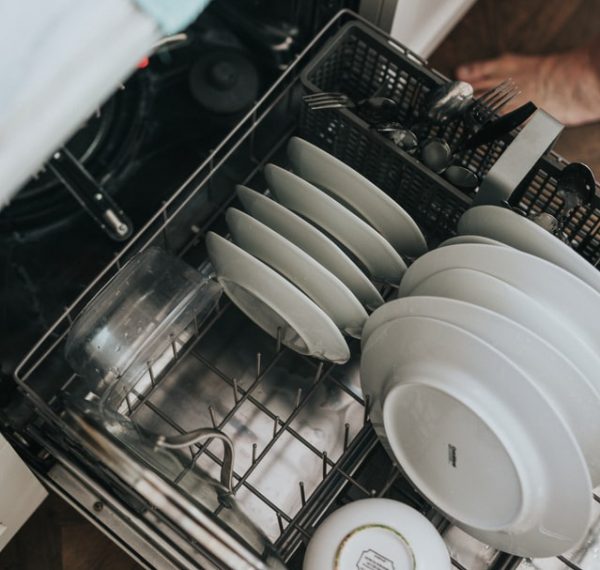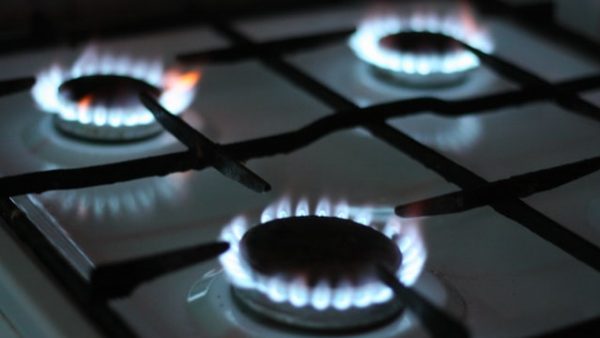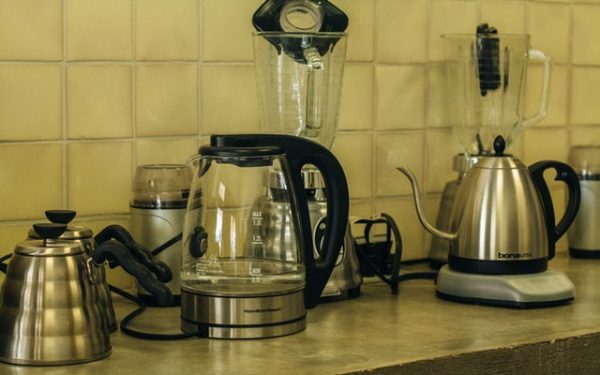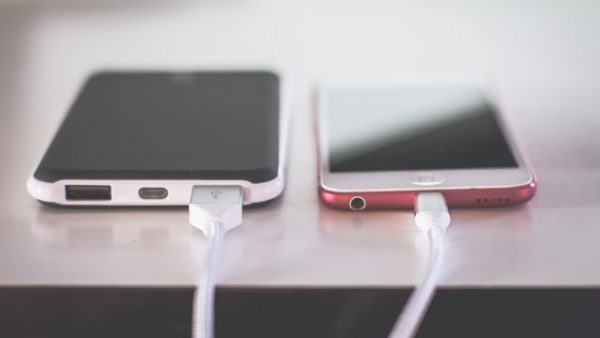 - minute read
- minute read
One thing that just about every modern home has in common is its ability to be chock-full of electrical gadgets and appliances. Some of these electrical appliances use loads of energy, while others don’t. When it comes to keeping an eye on your energy bill, it’s important to know what the most energy consuming appliances in your home are. Knowing this will help you place your efforts on the appliances which are guzzling the most of your money.
In this article, we’ve broken down the most energy consuming appliances in your home, along with providing a breakdown of the energy consumption for all other household appliances. As a bonus, we’ve also included our top tips for reducing energy usage!

Dishwashers are one of the home innovations that many simply couldn’t live without. We really don’t fancy having to wash pots and pans every night either. Unfortunately, dishwashers are also one of the most energy consuming appliances in the home. To lessen this cost, consider using your dishwasher’s ‘eco’ programme if it has one. More importantly, only hit start once your dishwasher is full. Switching on your dishwasher when half-full just isn’t worth it!
Average Power Rating (Watts) = 1050 – 1500 W
Cost to Use Per Hour = £0.16 – £0.23
Did you know that electric hobs cost almost double to run than gas? So if you use gas hobs then good news, you’re already saving energy! Where electric hobs are concerned however, you can reduce their running costs by choosing the right-sized pan for the right-sized ring, so as to not use any more heat than is required. When it comes to boiling water, use a lid to speed up the process. Alternatively, just boil water in a kettle before pouring it into a pan. This expends much less energy than heating a pan of water from cold.
Average Power Rating (Watts) = 1000 – 2000 W
Cost to Use Per Hour = £0.15 – £0.30

Though fridge-freezers (and separate fridges/freezers) aren’t the most energy consuming appliances out there, the fact that they’re pretty much always on means that their addition to the energy bill can start to look more and more troublesome. To avoid overspending, keep your fridge just below 5ºC, and your freezer at around -18ºC. Any lower than this is just wasted energy. Around 25% more energy will be used when dropping a freezer’s temperature by a further 10ºC!
Average Power Rating (Watts) = 200 – 400 W
Cost to Use Per Hour = £0.03 – £0.06
If there’s one thing to unite Brits, then it has to be our shared love of a good old-fashioned brew. Believe it or not however, the kettle is actually one of the most energy consuming appliances in your home when in use. A cuppa will cost you around 2.5 pence every time you boil the kettle! This can be reduced by only boiling the amount of water you actually need.
Average Power Rating (Watts) = 3000 W
Cost to Use Per Hour = £0.45

The UK’s unpredictable weather can make tumble dryers a necessity all year round. Depending on the type of tumble dryer you own, they can cost anywhere from £20-£100 to run throughout the year. The most obvious fix is to keep that tumble dryer out of use on sunny days, by instead drying clothes on a washing line (or a clothes airer for properties without an outdoor space).
Average Power Rating (Watts) = 2000 – 3000 W
Cost to Use Per Hour = £0.30 – £0.45
Along with dishwashers, the most energy consuming appliances are known as ‘wet appliances’. Collectively, they account for a massive 25% of household electrical use, and 15% of total energy bill costs. There are loads of ways to reduce your washing machine’s output, including washing clothes at a lower temperature, only washing full loads and choosing short programmes over longer ones. If living in a shared rental home, then have a chat with your housemates about washing clothes together to further save energy and money.
Average Power Rating (Watts) = 1200 – 3000 W
Cost to Use Per Hour = £0.18 – £0.45
The table below provides a breakdown of all the most commonly used household appliances, their average power rating in watts, along with how much they cost to use per hour and per 10 minutes.

This is a really simple one. When devices and appliances aren’t in use – such as TVs and games consoles – they should be switched off at the mains, rather than left on standby. This simple action can actually save £30 over the course of a year!

When buying new appliances, be sure to take a look at the energy label rating first. As a general rule, appliances marked with ‘A’ are the most energy efficient, while those marked with ‘G’ are the least. When it comes to fridge-freezers, the most energy efficient ones can also have A+, A++ and A+++ ratings.
Completely filling your fridge or freezer (or fridge-freezer) isn’t always the smartest idea, especially if much of its contents just sits idly for weeks and months. By only filling these appliances with food that’s needed for the next couple of weeks, their energy consumption will plummet.
Phones and tablets don’t always need to be at 100%. In fact, most smart devices can actually maintain a longer lifespan when their batteries are kept around the 50% mark, rather than constantly being charged up to max.

Smart meters are wireless devices that can give you all sorts of useful information around your current energy consumption, such as what energy is currently costing you and what it cost in previous months or weeks. Smart meters are great for getting you in the correct mindset to stop leaving appliances on standby. Most energy companies – along with us at Resooma Bills – offer smart meters.
Interested in using Resooma Bills to set up and split utilities for you? Get a free quote for your utilities here.



All your utility bills in one monthly payment, split between housemates
Get a quote


All your utility bills in one monthly payment, split between housemates
Get a quoteFinding his article helpful? We’ve got plenty more helpful articles on there way. Join our Savvy Sunday mailing list